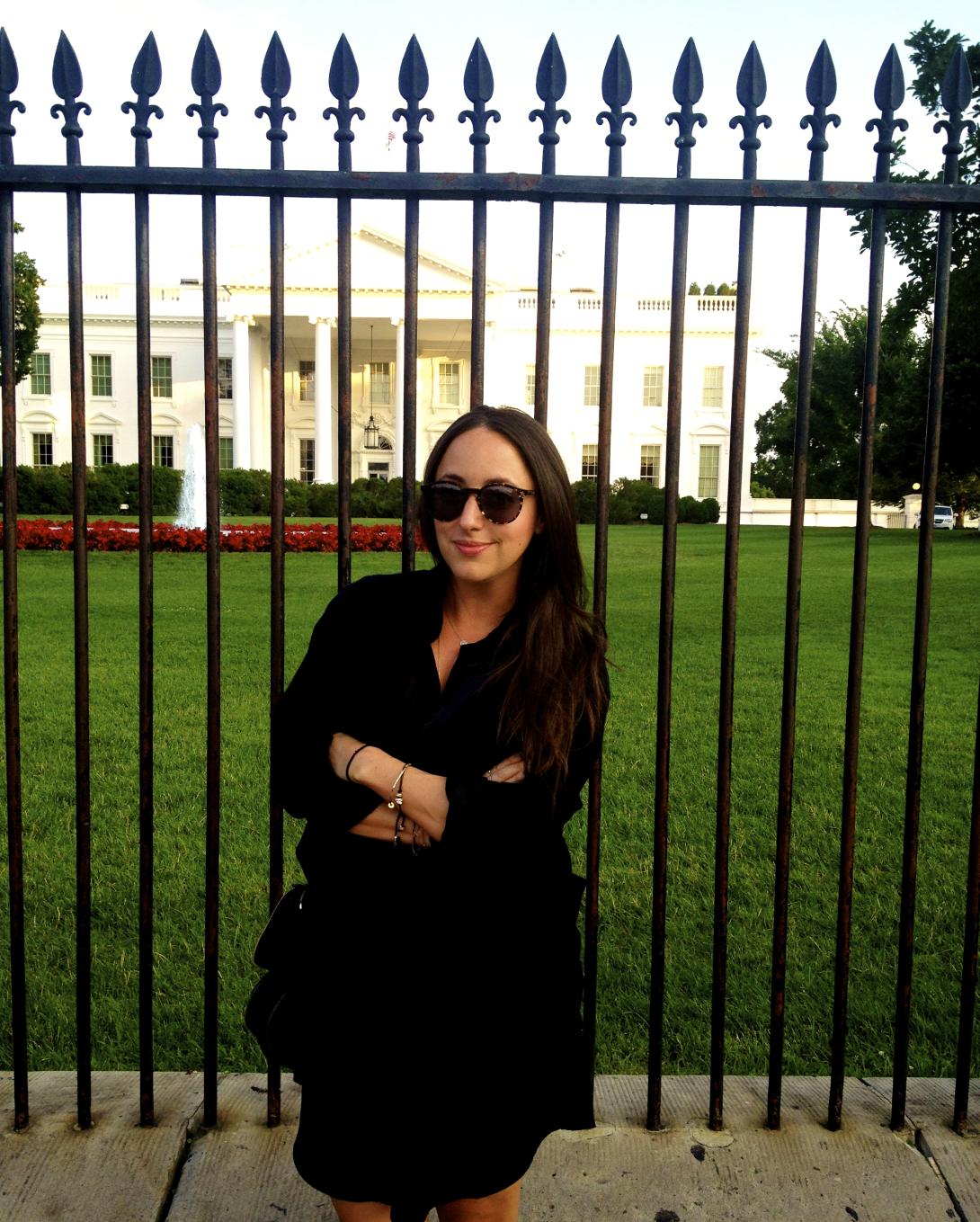Bari Rogoff (’07) began her passion for the Program on Intergroup Relations (IGR) during her first year at U-M, when she participated in an IGR dialogue. From there, she went on to facilitate three dialogues and co-founded CommonGround during her fourth year. We are so grateful that Bari chose to make IGR a part of her undergraduate experience and we wanted our readers to know little bit about Bari, her contributions to IGR, and how she uses dialogue in the “real world.”
Q: How did you get involved with IGR?
A: As a Psychology major in my freshman year, I began my involvement in IGR as a participant in an intergroup dialogue class. I had such a positive experience that I immediately applied to be a facilitator of the class. I facilitated multiple dialogue classes (on racism, sexism, and socio-economics) and eventually co-founded a pilot program called CommonGround, which I’m happy to see is now flourishing on campus. IGR was the bulk of my undergraduate education, and I am so happy it was, as it served as the foundation of my career.
Q: What made IGR so special for you?
I absolutely loved facilitating the dialogues; it made me more self-aware and also enabled me to heighten my peers’ awareness and interpersonal skills. I was able to watch participants grow before my eyes and take activist approaches toward social justice outside of the classroom. It was an extremely rewarding experience. Albeit small, facilitating these dialogues was my way of contributing to the betterment of student life at Michigan.
Q: Was there a particular social justice issue that interested you as a student?
My interest in social justice issues knew no boundaries, but I was always fascinated by how social identities contribute to power dynamics. This is something that I have carried over into my pursuits today as I analyze world leaders and their decision-making strategies. While at Michigan, I was also particularly interested in and, exposed firsthand, to the stereotyping of Jews and anti-Semitism. I still carry on these experiences, both personally and professionally, as I focus much on the ongoing Israeli-Palestinian conflict and Middle East issues more broadly.
Q: When did your interest in social justice issues expand beyond the classroom?
My interest in social justice issues on campus took on a new and global form after graduation. Upon graduating, I spent three weeks exploring Israel and then three months volunteering at an orphanage in Kenya. While in these two countries, there was a recurring theme: the importance of education and dialogue. I began to fully grasp how much unnecessary havoc and instability there is in the world, often due to a lack of adequate education and constructive dialogue. While living in Kenya, I decided to forgo my original law school plans and instead applied for my Masters degree in International Relations from NYU. I completed my Masters, writing my thesis on humanitarian intervention and genocide prevention, and set off for a career in foreign policy
Q: You spoke a bit about IGR being the foundation of your career. What are you doing today?
I am living in New York City and serving as an Assistant Director at the Council on Foreign Relations (CFR). In my role, I bring together heads of state, government and military officials, CEOs, journalists, and leading experts to engage in dialogue on the major foreign policy issues of our time. I can easily credit IGR for primarily opening my eyes to the possibilities of, and skills necessary, for tackling global challenges and creating positive change in the world.
Q: How does your experience in IGR impact your career and life today?
IGR taught me how useful dialogue can be amidst disagreement and conflict. This was helpful in allowing me to grow internally, develop healthy relationships, and pursue a career in foreign policy. Needless to say, diplomacy and foreign relations require effective dialogue. The facilitation skills from my IGR training will continue to serve as the greatest takeaway in both my personal and professional life.
Q: Do you have any words of wisdom for current IGR students as they navigate through their time at Michigan?
It was refreshing to have the IGR community on such a huge campus like Michigan. IGR opens your eyes to how, even amongst great diversity and disagreement, ;

